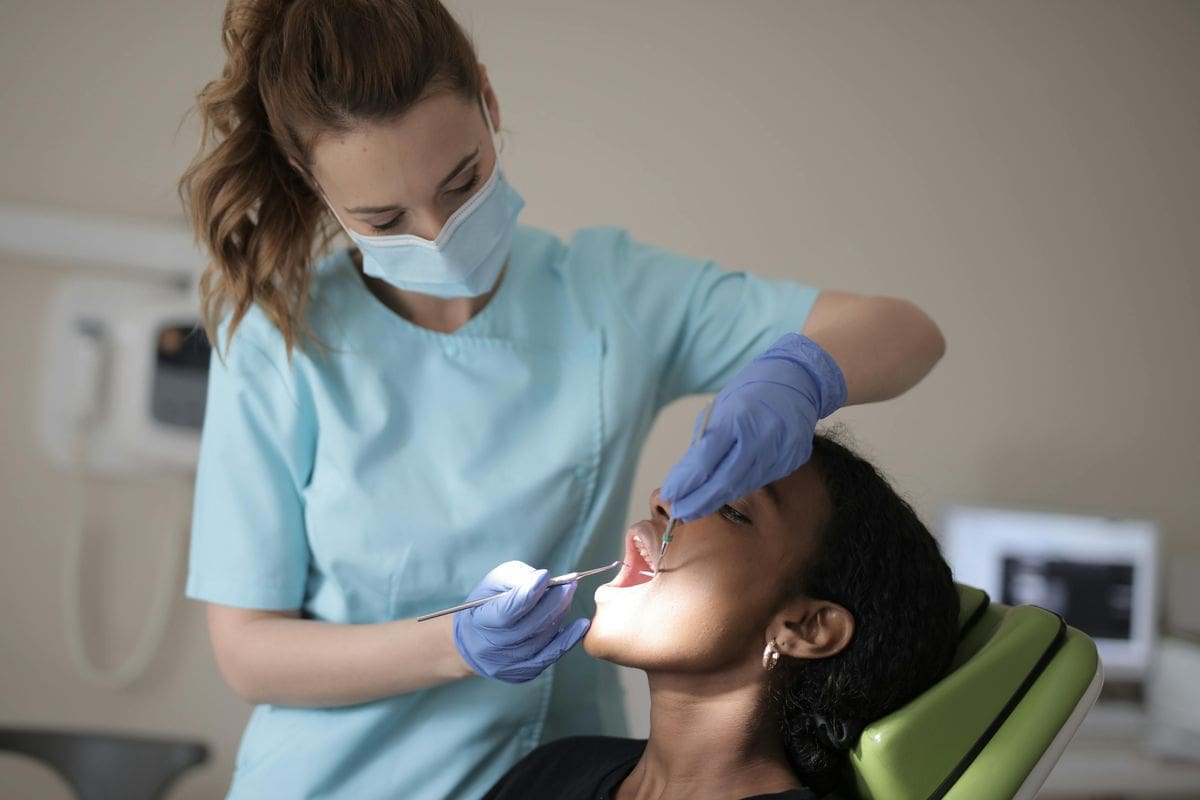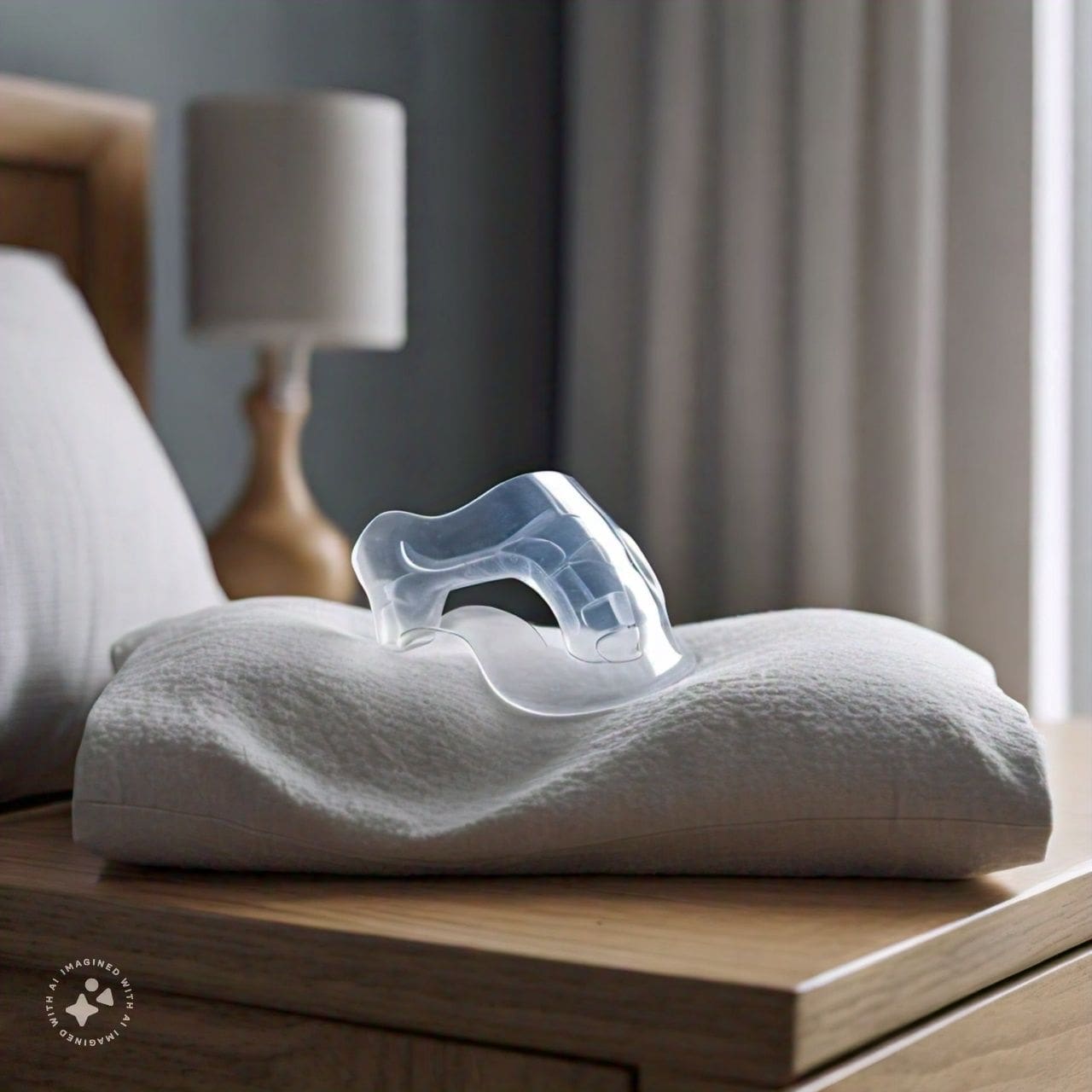The temporomandibular joint is a complex, hinge-like joint that connects your jawbone to your skull, allowing movement in multiple directions. Temporomandibular Joint Disorder, commonly known as TMD, occurs when there is an issue with this joint or the surrounding muscles, resulting in pain and discomfort that can significantly impact your quality of life. Individuals affected by TMD may experience a wide range of symptoms, including jaw pain, difficulty chewing, headaches, and even earaches.
In this informative blog post, we will explore the intricacies of TMD, delving into its causes, symptoms, and various treatment options available at Waban Dental Group. As you become more knowledgeable about TMD and the importance of proper treatment, you will be better equipped to make informed decisions regarding your dental care and overall well-being.
Understanding Temporomandibular Joint Disorder (TMD)
TMD is a term used to describe a set of disorders affecting the temporomandibular joint, the jaw muscles, and the surrounding tissues. It is crucial to understand that TMD is not a single condition but rather a group of related issues, each having its unique set of symptoms, causes, and treatments. Some common symptoms of TMD include:
1. Pain or discomfort in the jaw, face, neck, or shoulders
2. Limited movement or locking of the jaw
3. Clicking, popping, or grinding noises when opening or closing the mouth
4. Earaches, hearing loss, tinnitus, or vertigo
5. Headaches or migraines
6. Difficulty or pain when chewing, talking, or yawning
Diagnosing the underlying causes and addressing the symptoms of TMD requires professional evaluation and personalized treatment from an experienced dental team like the one at Waban Dental Group.
Potential Causes of TMD
TMD can have various causes, and often, a combination of factors is responsible for its development. Some potential causes of TMD include:
1. Malocclusion or Misaligned Teeth: An improper bite can place undue stress on the jaw joint and muscles, leading to discomfort and dysfunction.
2. Trauma: Injuries or accidents affecting the jaw or temporomandibular joint can result in TMD.
3. Arthritis: Inflammatory conditions, such as rheumatoid arthritis and osteoarthritis, can affect the jaw joint, causing pain and limited movement.
4. Bruxism: Teeth grinding or clenching, particularly during sleep, can contribute to TMD by putting excessive strain on the temporomandibular joint and jaw muscles.
5. Emotional Factors: Stress, anxiety, and depression can result in jaw muscle tension or bruxism, leading to TMD symptoms.
TMD Treatment Options at Waban Dental Group
At Waban Dental Group, we offer a range of TMD treatment options designed to address the unique needs of every individual. These treatment approaches may include:
1. Oral Appliances: Custom-made oral appliances, such as splints or night guards, can help alleviate symptoms by providing a cushion between the upper and lower teeth, reducing the pressure on the jaw joint and relieving muscle tension.
2. Physical Therapy: Specific exercises and stretches focused on the jaw and surrounding muscles can improve joint mobility and decrease pain.
3. Medications: Over-the-counter or prescription medications, such as anti-inflammatory drugs or muscle relaxants, can provide temporary relief from TMD symptoms.
4. Orthodontic Treatment: In cases where misaligned teeth or an improper bite contribute to TMD, orthodontic treatment may be recommended to correct these issues and alleviate associated symptoms.
5. Surgical Intervention: Although rarely required, surgical procedures may be considered for severe TMD cases involving structural issues or joint degeneration.
Self-Care Tips for Managing TMD Symptoms
In addition to professional treatment, incorporating certain self-care habits can help you manage TMD symptoms more effectively. Here are some essential tips:
1. Practice Jaw Relaxation Techniques: Relaxing the jaw muscles with deep breathing, meditation, or gentle jaw massages can help reduce tension associated with TMD.
2. Maintain Proper Posture: Sit up straight and ensure that your head is aligned over your spine to prevent unnecessary stress on the jaw joint and muscles.
3. Modify Your Diet: Opt for softer foods that require minimal chewing and avoid hard, crunchy, or chewy items that may aggravate TMD symptoms.
4. Use Cold or Warm Compresses: Apply cold or warm compresses to your jaw joint and surrounding area to alleviate discomfort and inflammation.
5. Avoid Extreme Jaw Movements: Try to avoid excessive jaw movements, such as wide yawning, loud singing, or gum chewing, to minimize stress on the joint and muscles.
Restore Comfort and Balance with Waban Dental Group’s TMD Treatment
TMD is a complex condition that can significantly impact your quality of life, causing pain, discomfort, and limited jaw movement. Understanding the causes and symptoms of TMD is crucial in seeking proper diagnosis and treatment from an experienced dental team like the one at Waban Dental Group. With a range of treatment options available, you can achieve relief from TMD-related discomfort and restore harmony to your smile. With expert care and self-care practices in place, you can achieve optimal oral health and overall well-being.
Are you experiencing symptoms of TMD and seeking effective relief? As experts in orthodontics for adults, Waban Dental Group – Adult Dentistry is committed to providing comprehensive and personalized TMD treatment to effectively alleviate your discomfort and restore balance to your oral health. Let us guide you in restoring harmony to your smile and overcoming the challenges of TMD, so you can rediscover the joys of a comfortable and pain-free life. Schedule a consultation with Waban Dental Group’s dental professionals today and take the first step towards a balanced and pain-free smile that will positively impact all aspects of your life!






